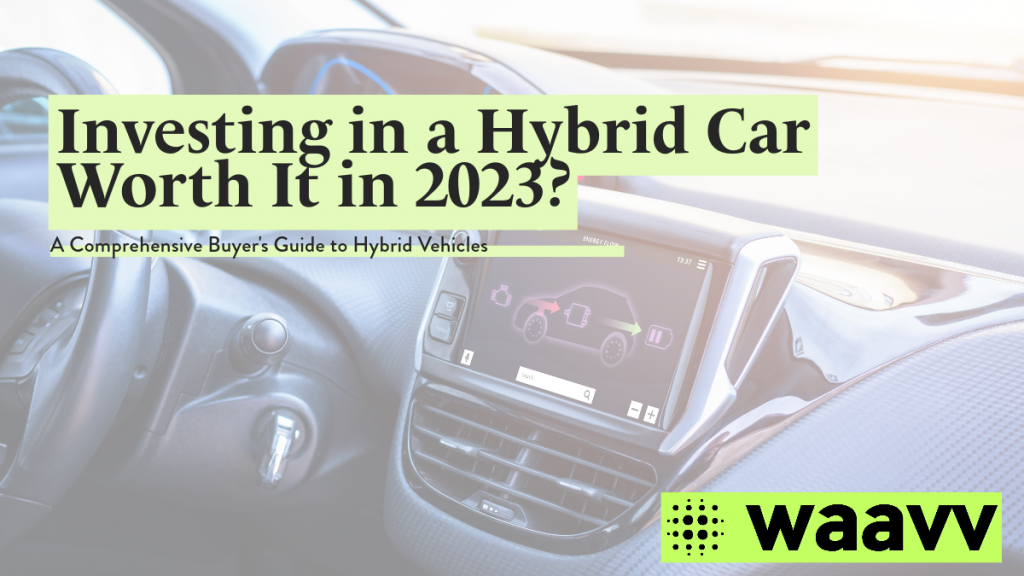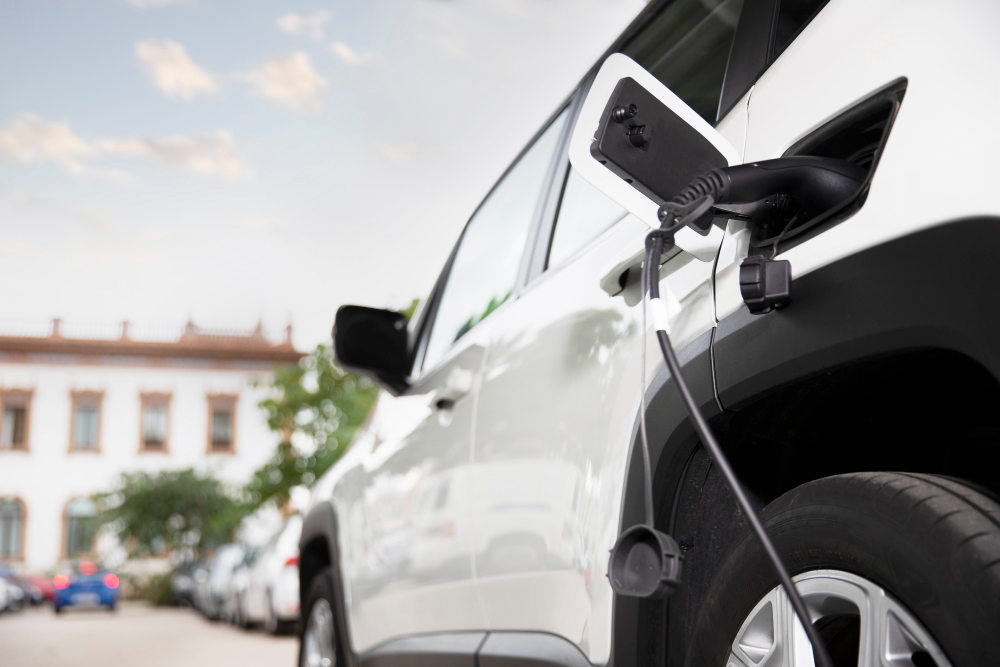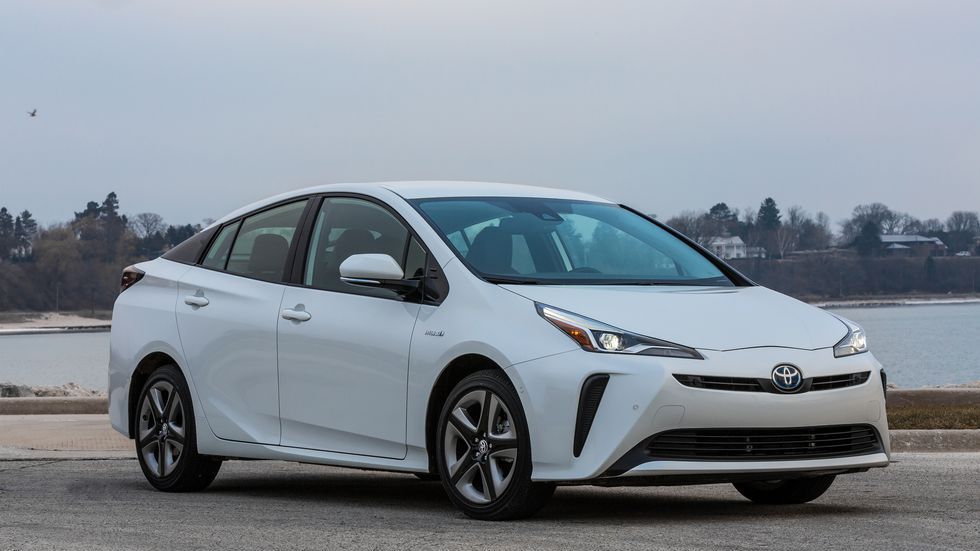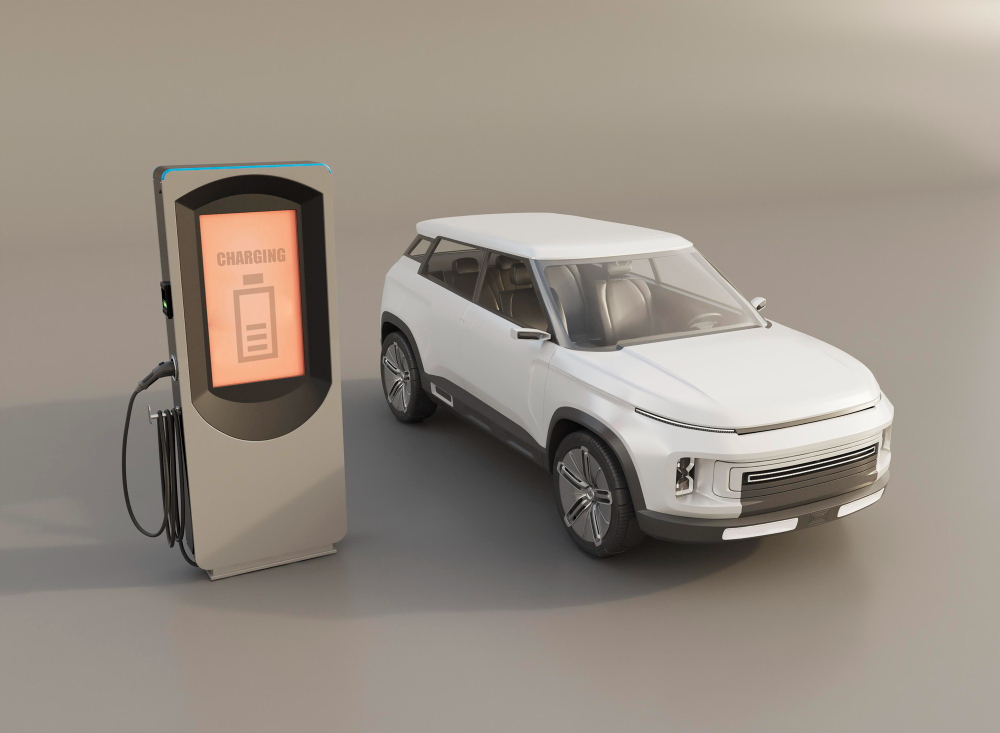A Comprehensive Buyer's Guide to Hybrid Vehicles
Is Investing in a Hybrid Car Worth It in 2023?

Hybrid vehicles have gained popularity in Australia for their unique combination of electric and petrol engines.
If you’re contemplating the decision to buy a hybrid vehicle in Australia, here’s what you should take into account.
Two main types of hybrid vehicles
Non-Plug-In Hybrid Electric Vehicles (HEVs): These hybrids do not require external charging; they harness electricity generated during driving, like regenerative braking and kinetic energy, to recharge their batteries. HEVs primarily run on electric power at lower speeds.
Plug-In Hybrid Electric Vehicles (PHEVs): PHEVs sport a battery that can be charged via a power outlet or charging station, alongside a petrol or diesel engine for traditional refueling. They typically offer a more extended electric-only driving range compared to non-plug-in hybrids.

1. Will Hybrid Car Cost a lot?

2. Comparing Fuel Efficiency

3. Is "That" Hybrid System Reliable?

In Conclusion...
So, the question of whether hybrid cars are worth it for you in 2023 comes down to your unique circumstances. the rise in popularity of hybrid vehicles underscores their remarkable ability to strike a balance between the traditional internal combustion engine and the innovative electric motor. This unique synergy translates into tangible benefits for both the environment and consumers.
Hybrids excel in urban environments, where they can seamlessly switch to electric power, resulting in significant fuel savings and reduced emissions.
On the other hand, gasoline vehicles, with their lower upfront costs and longer driving ranges, remain a compelling option for those who prioritize affordability and extended highway travel.
Ultimately, the choice between a hybrid and a gasoline vehicle hinges on individual preferences and needs, reflecting the diversity and flexibility in the modern automotive landscape.

